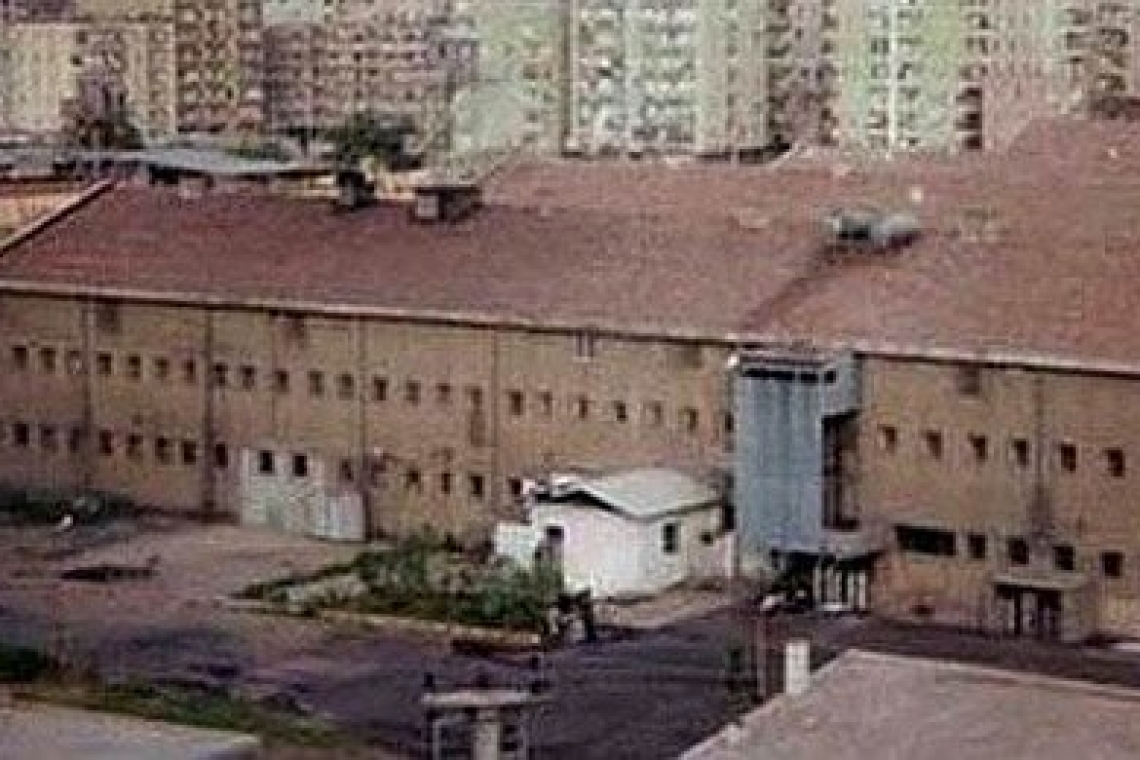Diyarbakır Prison massacre case ends in impunity as statute of limitations upheld
The Court of Cassation has upheld the statute of limitations in the case regarding the "Diyarbakır Prison massacre," in which 10 detainees were beaten to death with iron rods and sticks in 1996. Despite nearly three decades of legal proceedings, including three reversals by the Court of Cassation, the case has now been closed without any convictions, leaving the perpetrators unpunished.
The incident occurred at Diyarbakır’s E-Type Closed Prison on September 24, 1996, when 10 prisoners were brutally killed, and 24 others were injured by prison guards, soldiers, and police. The massacre was said to be a response to protests over prisoner transfers. The case, which involved 89 defendants, including soldiers, police officers, prison guards, and medical staff, was delayed multiple times due to procedural and substantive shortcomings, leading to a ruling in 2019 by the Diyarbakır 3rd High Criminal Court that dismissed the charges due to the expiration of the statute of limitations.
The victims' lawyers appealed the ruling, arguing that the dismissal was unlawful, while some defense attorneys claimed that the defendants should have been acquitted instead of having the charges dropped.
Court of Cassation upholds decision
After a four-year review, the Court of Cassation’s 1st Penal Chamber upheld the local court’s decision, finding no legal errors in the determination of the statute of limitations. The court also ruled that re-sentencing seven public officials who had been acquitted in 2014 was legally unfounded.
One defendant’s case overturned
In the case of defendant Muhammed Özdil, who died in 2005, the Court of Cassation overturned the local court’s ruling and sent the case back, requiring a legal review to determine whether his death should result in the case being dismissed.
With this ruling, the dismissal of charges against 88 defendants is now final.
Dissenting opinion
One member of the Court of Cassation dissented from the majority decision, arguing that the court should have thoroughly examined whether the defendants’ actions were in line with their official duties. The dissenting judge stated that if the actions were deemed lawful, the defendants should have been acquitted, but if they exceeded their authority, they should have been convicted under more lenient laws. The judge contended that the defendants should have been held accountable for "manslaughter with intent exceeding limits," rather than allowing the case to expire under the statute of limitations.
Background
The Diyarbakır Prison massacre occurred during a violent crackdown on inmates protesting against forced prison transfers. The prisoners who were killed included Erkan Hakan Perişan, Cemal Çam, Hakkı Tekin, Ahmet Çelik, Edip Dilekçi, Mehmet Nimet Çakmak, Rıdvan Bulut, Mehmet Kadri Gümüş, Kadri Demir, and Mehmet Arslan.
In 2007, the case resulted in convictions for 62 defendants, who were sentenced to five years in prison and three years of exclusion from public service for "manslaughter exceeding the intent." However, the Court of Cassation overturned the verdict, citing incomplete investigations.
The case was reopened, and in 2014, the Diyarbakır 3rd High Criminal Court once again sentenced 62 defendants to five years in prison, while acquitting 20 others. The court also dismissed charges against seven defendants due to the statute of limitations. In 2016, the Court of Cassation again overturned the verdict and ruled that the charges should be dismissed due to the expiration of the statute of limitations.
European Court of Human Rights ruling
The victims’ lawyers took the case to the European Court of Human Rights (ECHR), arguing that the lengthy trial process violated the right to a fair trial and the right to life. In 2010, the ECHR ruled that Turkey had violated Article 2 (right to life) and Article 3 (prohibition of torture and inhumane treatment) of the European Convention on Human Rights. The court ordered Turkey to pay €798,000 in compensation to the victims’ families.



